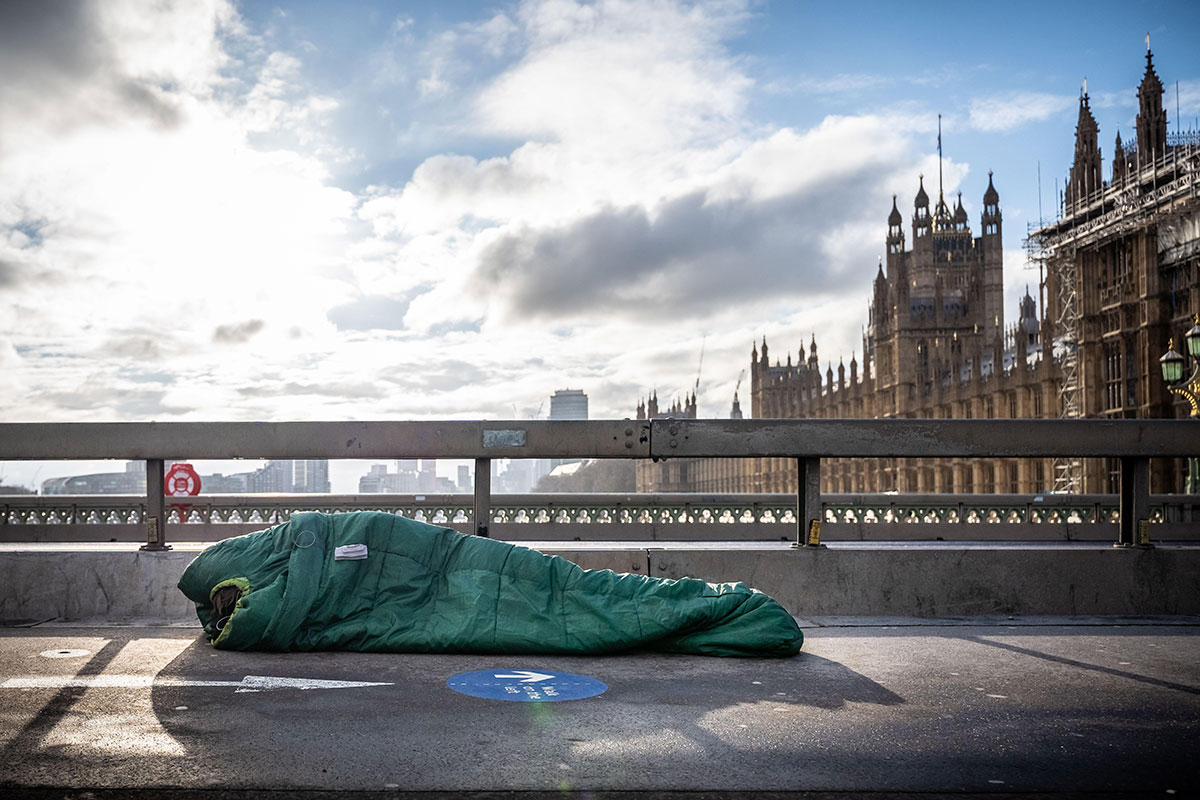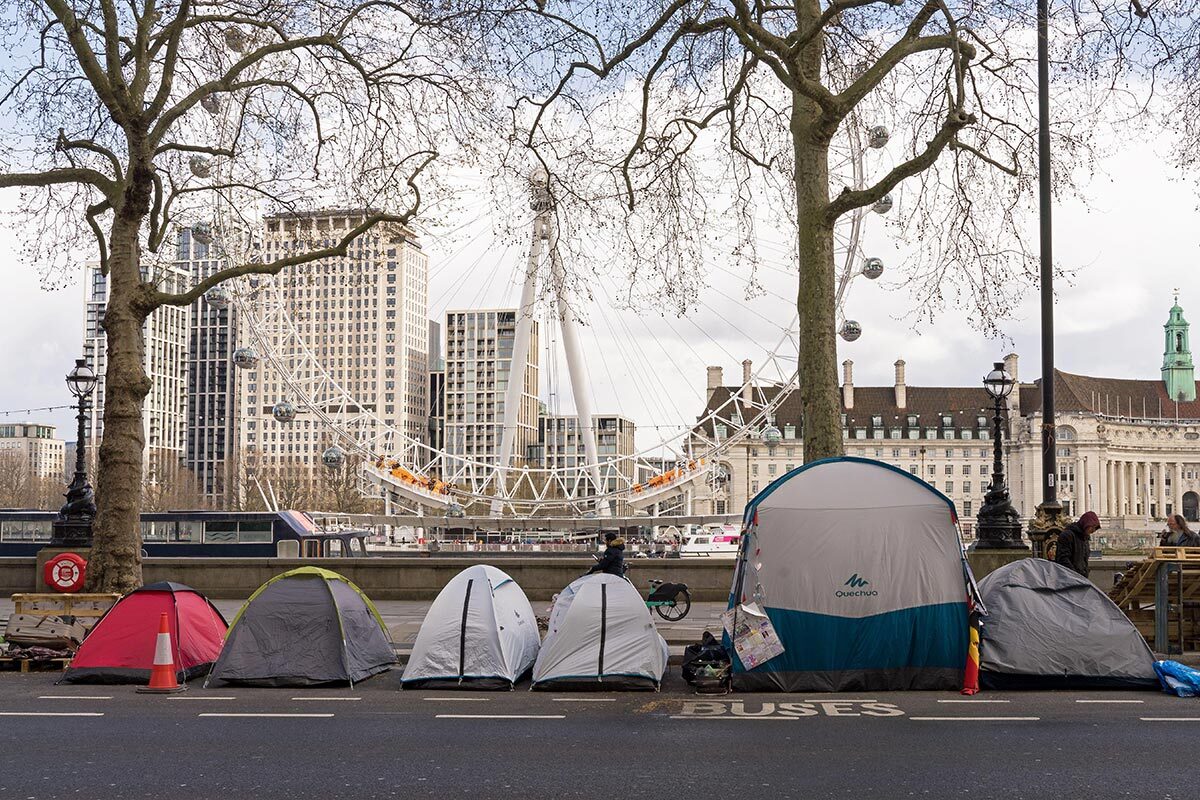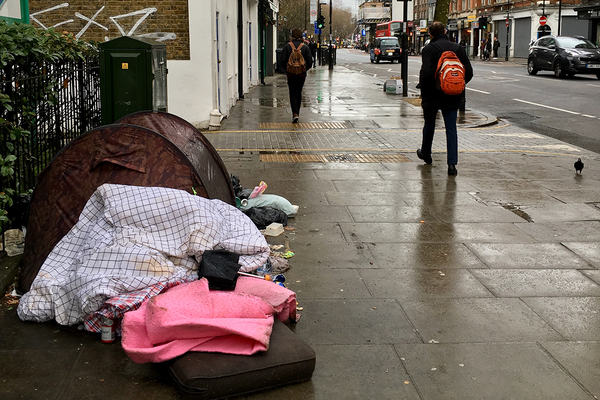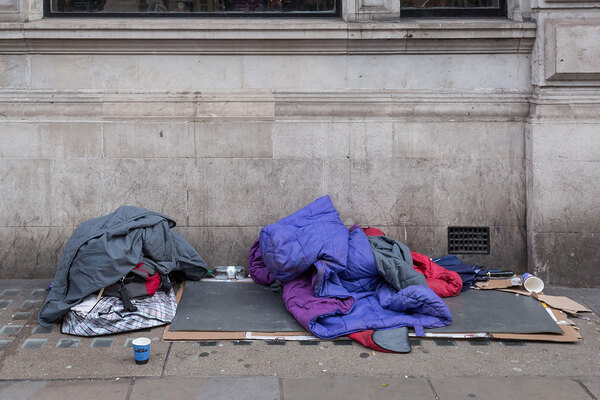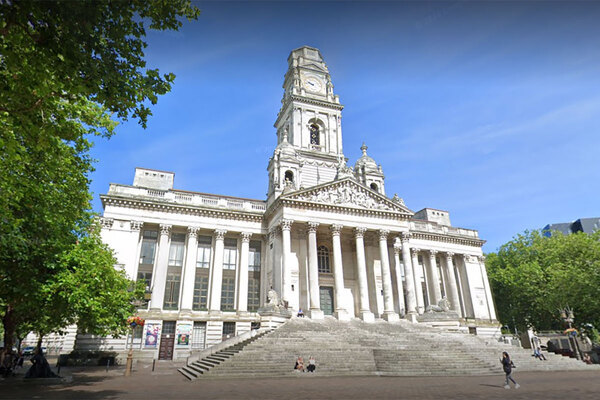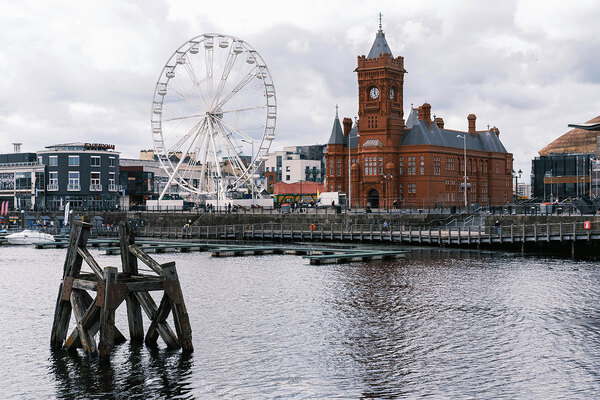You are viewing 1 of your 1 free articles
Number of refugees sleeping rough in London up by 234%
The number of refugees sleeping rough in the capital after leaving Home Office hotels increased by 234% in four months, new research from London Councils has found.
A survey organised by the cross-party group found that 311 refugees were forced to sleep rough they were evicted from Home Office accommodation in January 2024.
This marks an increase of 234% compared with September 2023, when London Councils began its survey work and found 93 refugees and asylum seekers sleeping on the streets of the capital.
London Councils is calling on the government to commit to a 56-day move-on period, instead of the current 28 days, for refugees and asylum-seekers leaving Home Office accommodation after a decision is made.
Boroughs have said 28 days is insufficient time for refugees to find work and housing, especially since many have experienced trauma and face language barriers.
In total, 1,087 refugees approached London homelessness services for help in January following eviction from Home Office accommodation – a rise of 78% in the four months since September.
The figure includes people rough sleeping, as well as those who were ‘hidden homeless’. This means they were sleeping on the floor of someone still accommodated in a Home Office hotel, or in a church, or elsewhere off the streets.
The data showed that when London’s severe weather emergency protocol was activated in response to temperatures dropping in January, 242 of the 1,284 rough sleepers placed in emergency accommodation were refugees previously housed by the Home Office.
London Councils said it anticipates rough sleeping among refugees will continue to increase as the government ramps up the number of asylum decisions it makes and reduces its use of hotels.
The group’s survey suggested that more than 90% of those rough sleeping after leaving Home Office accommodation have received a positive asylum decision.
Grace Williams, lead for asylum and refugees at London Councils, said the dramatic spike in refugees rough sleeping in the capital is “deeply alarming”.
She said: “No one wants to see refugees become homeless after leaving Home Office accommodation, but this is happening more and more due to serious flaws in the system and the government’s approach to the issue.
“A longer move-on period for those leaving Home Office accommodation is crucial, as well as funding for the councils whose local services provide vital support and sanctuary for those in need.
“London is already grappling with a severe homelessness crisis. Rough sleeping among refugees puts extra pressure on already-stretched local services, but much more could be done to prevent it occurring in the first place.
“We are urging the government to listen to boroughs’ concerns and work with us in tackling this challenge.”
Emma Haddad, chief executive of homelessness charity St Mungo’s, said it is “both disturbing and ironic that by pushing people out of asylum accommodation onto the streets, the government is undermining its own ambition of ending rough sleeping by 2024”.
She added: “It is causing homelessness that is completely preventable, and our outreach teams are left trying to support increasing numbers of people in London who didn’t need to be on the streets in the first place.
“While the government’s ambition to end use of hotels for asylum seekers is understood, there are more sensible ways of doing so – in partnership with those of us on the ground – that would save money and avoid human misery in the process.”
London Councils is also calling on the government to expand the eligibility for the Local Authority Housing Fund (LAHF) properties to include newly recognised refugees.
The government just opened the third round of the LAHF, worth £450m, aimed at helping councils build or buy homes to combat homelessness.
The group has urged the government to recognise asylum accommodation as supported accommodation and to increase the homelessness prevention grant to support those who are at risk of rough sleeping and not legally eligible for assistance.
It also said the government should bring forward a cross-departmental strategy to reduce homelessness.
A spokesperson for the Department for Levelling Up, Housing and Communities said: “We are giving London boroughs £191m through the rough sleeping initiative, this funding is providing hundreds of beds and specialist support services for the most vulnerable.
“We know there is still more to done, that is why we continue to work closely with the mayor and councils to help as many people as possible off the streets and help them turn their lives around.”
It emerged in January that the highest number of rough sleepers ever was recorded on the streets of London between October and December.
Sign up for our homelessness bulletin
Already have an account? Click here to manage your newsletters
